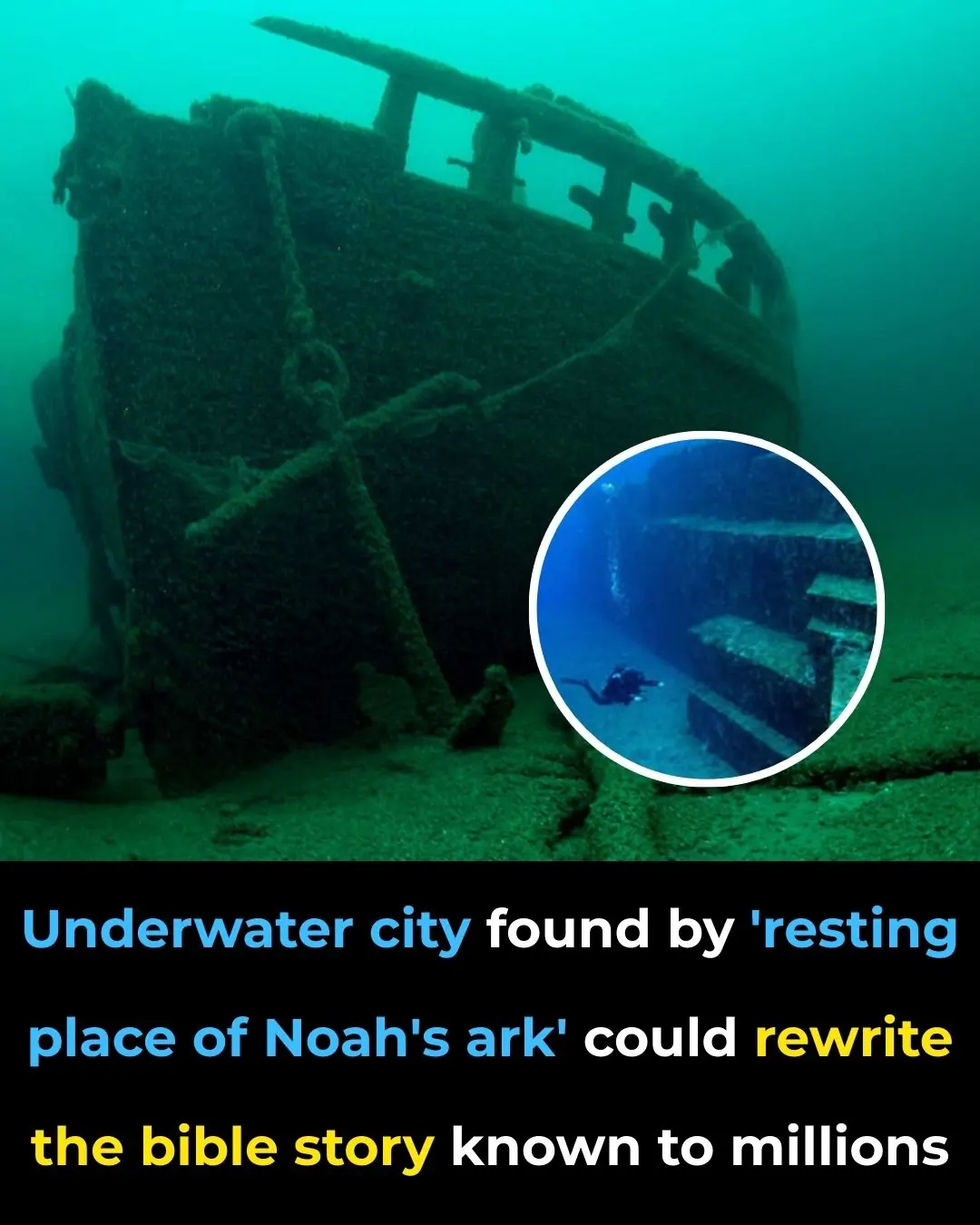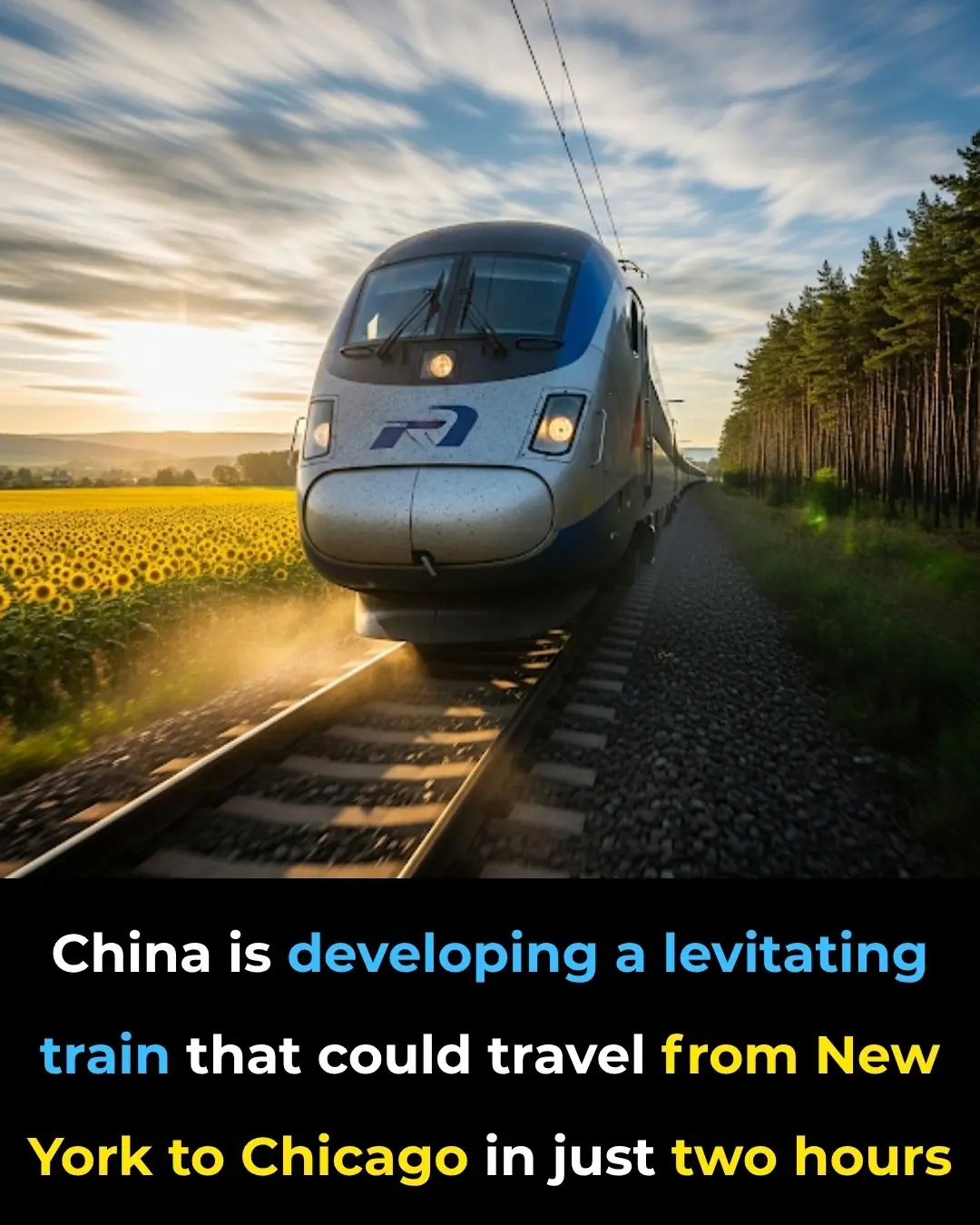
Reason Mark Zuckerberg Just Spent $15,000,000,000 to Hire This 28-Year-Old ‘College Drop Out’ for Meta

The $15 Billion Man Reshaping Meta’s AI Destiny
What could possibly make a single person worth $15 billion to one of the world’s most powerful tech empires?
It’s not a blockbuster product, a game-changing patent, or a viral demo. It’s a human being — a 28-year-old MIT dropout who has built his influence not through headlines or hype, but through the invisible scaffolding of the AI revolution: infrastructure.
While much of Silicon Valley has chased splashy AI breakthroughs in full view of the spotlight, Alexandr Wang has operated in the shadows — a figure largely unknown to the public, yet indispensable in the closed-door discussions of Pentagon officials, Capitol Hill policymakers, and Big Tech boardrooms.
Now, Mark Zuckerberg has placed the biggest personal bet of his career on Wang — investing $14.3 billion into his company, Scale AI, and bringing him aboard to lead Meta’s most audacious project yet: a “superintelligence” unit designed to challenge OpenAI, Google DeepMind, and every other AI heavyweight. The move doesn’t just alter Meta’s trajectory; it has the potential to reshape the global race toward artificial general intelligence (AGI).
More Than Just a Hire
Meta’s $14.3 billion deal for a 49% stake in Scale AI isn’t your standard corporate acquisition. This is the second-largest investment in Meta’s history, behind only its $19 billion WhatsApp purchase in 2014 — and yet it’s strikingly different. WhatsApp brought users and network effects. Scale AI brings something far rarer: the brain, vision, and operational discipline of Alexandr Wang himself.
The deal effectively values Scale at $29 billion — a staggering figure for a company that doesn’t make consumer apps or sell ad space. But the rationale is clear: in the race toward AGI, the winners will be determined not just by algorithms, but by the depth of their infrastructure, the precision of their data, and the velocity of their teams.
By tying the investment to Wang — allowing him to remain Scale’s chairman while simultaneously granting him semi-autonomous leadership inside Meta — Zuckerberg signaled something profound: Meta’s AI future is being reorganized around a human being, not a corporate brand or an existing product line.
This is also a play for stature. With Microsoft backing OpenAI, Google doubling down on Gemini, and Amazon and Apple ramping their AI ambitions, Meta has struggled to keep pace. Its open-source LLaMA models earned buzz but also criticism for inflated benchmarks and rushed development cycles. Talent attrition further eroded confidence. Meta needed more than a tweak — it needed a reset.
Wang is that reset. His track record shows mastery over exactly the bottlenecks that determine AI’s future: massive-scale data labeling, high-fidelity infrastructure, and an obsessive attention to operational detail.
The Man Behind the Valuation
Born in Los Alamos, New Mexico — a town where scientific secrecy was a way of life — Wang was raised in an environment steeped in precision and purpose. Both of his parents were physicists working on classified U.S. defense projects. “Every adult around me,” he once told Fortune, “was a scientist who had pledged to use their capability to enhance national security.”
By 17, he was competing in elite math and coding competitions. He entered MIT to study machine learning, but left after his freshman year — not out of failure, but impatience. “Academia moved too slowly,” he later explained. In 2016, alongside designer Lucy Guo, he co-founded Scale AI through Y Combinator.
Their insight was deceptively simple yet revolutionary: AI models are only as good as the data they’re trained on, and most AI projects are starved for high-quality labeled data. Scale AI built a global infrastructure to supply that data at industrial scale, serving everything from self-driving cars to medical diagnostics to advanced language models.
Within a few years, Scale became a behind-the-scenes giant of the AI ecosystem, partnering with OpenAI, Amazon, major defense agencies, and dozens of Silicon Valley leaders. By 24, Wang was the youngest self-made billionaire in the world. By 28, he was an indispensable node in both the Silicon Valley innovation network and Washington’s national security apparatus — earning the informal title of “Washington’s AI whisperer.”
What makes Wang unusual is not only his intellect but his rigor. Former colleagues recall two-hour daily reviews of every major account and a methodical approach that bridges engineering, contract negotiation, and geopolitical strategy. He is equally comfortable reading code, dissecting procurement contracts, and debating AI ethics with policymakers.
Why Meta Needs Him Now

Meta doesn’t just want another AI model. It wants a philosophical and operational overhaul. The company’s AI division had been drifting — strong researchers, yes, but a lack of unified direction. The LLaMA 4 controversy in early 2025, with inflated claims and uneven performance, convinced Zuckerberg a deeper change was necessary.
Wang offers not only technical skill but a rare blend of credibility and pragmatism. His deep connections in U.S. defense and policy circles grant Meta access to discussions it has historically struggled to enter — crucial at a time when AI leadership depends on regulatory influence as much as engineering talent.
Perhaps most tellingly, Meta structured the deal to keep Scale AI independent. This mirrors Microsoft’s hands-off approach to OpenAI and Google’s semi-independent stewardship of DeepMind. The reasoning is clear: cutting-edge AI thrives in startup-like conditions, free from the inertia of corporate bureaucracy.
Inside Meta’s “Superintelligence” Gambit

Meta’s newly formed “superintelligence” unit will start with 50 carefully chosen engineers, researchers, and systems architects. Wang will report directly to Zuckerberg and have broad operational freedom.
The mission is bolder than simply building the next LLaMA. The goal is to create AGI — AI capable of human-level reasoning, learning, and autonomous decision-making. Such a system could transform not just Meta’s platforms, but industries from healthcare to national defense.
The ambition also comes with risk. AGI is not only a technical challenge but an ethical one, raising questions of safety, alignment, and societal impact. Wang’s background in national security and his reputation for disciplined execution suggest Meta wants to pair innovation with credibility — a critical differentiator in an increasingly scrutinized field.
The Stakes and the Signal
For Meta, the move is existential. The company has lost ground to rivals in AI mindshare and needs a decisive statement of intent. For the AI industry, it’s a signal that leadership in this new era will not be defined solely by model architecture, but by who can build the most trustworthy, resilient, and adaptable AI ecosystems.
There are skeptics. Some insiders worry Wang’s lack of a deep academic research portfolio could cause friction with Meta’s AI scientists. Others suspect the deal is partly a “data moat” strategy — locking up Scale’s resources to limit competitors’ access.
Regardless, the bet is clear: in hiring Alexandr Wang, Meta is wagering that the next chapter of AI will be written not by those chasing the loudest breakthroughs, but by those quietly building the most unshakable foundations.
And if that bet pays off, $15 billion might someday look cheap.
News in the same category


Cut a lemon in four and keep it in your bedroom overnight – the reason is brilliant
This lemon trick is a small change that makes a big difference.

Italy just upgraded dogs to cabin class. No more cargo holds for dogs!

11 Heartbreaking Signs Your Dog Is Nearing the End—And How To Give Them The Love They Deserve

15 Things That Might Hint at Her Romantic Past

Depressing find at the bottom of the Mariana Trench is a warning to the world
The Mariana Trench, Earth’s deepest ocean abyss, was once thought to be untouched by human hands. But the discovery of a single plastic bag in its darkest depths has become a chilling symbol of how far our pollution has reached.

Unveiling Personality Secrets: What’s the First Color You See?

If you see square waves forming in the ocean, get out of the water immediately
The mesmerizing chessboard-like patterns on the ocean’s surface may seem harmless, but they’re hiding a dangerous secret. Scientists warn that these rare formations, known as square waves, can turn the sea into a deadly hazard in seconds.

The flowers you love the most uncover hidden aspects of your personality
Flowers don’t just brighten our surroundings — they can also serve as a fascinating mirror to our inner world. From the joyful daisy to the mysterious violet, your favorite bloom could reveal your emotional depth, values, and the way you connect with

Experts warn: Don’t swap your oven for an air fryer

The Truth About Eating the Black Vein in Shrimp Tails

This is why you should keep the bathroom light on when sleeping in a hotel
Leaving your hotel bathroom light on at night might seem unnecessary, but it could be a small habit that makes a big difference for your comfort and safety. From preventing nighttime accidents to deterring intruders, experts say this simple tip can protec

The Mystical Gaboon Viper, Master Of Disguise And Deadly Accuracy

If You See Square Waves Forming In The Ocean, Get Out Of The Water Immediately

A Greenland Shark Born in 1620 is Still Alive Four Centuries Later

15 Things You Should Never Plug Into A Power Strip

China is Developing a Levitating Train That Could Travel From New York to Chicago in Just Two Hours

The world’s oldest woman, who lived to 117, ate the same meal every day throughout her life
Emma Martina Luigia Morano, the world’s oldest woman at the time of her passing, credited her extraordinary 117 years of life to a mix of genetics, resilience, and one very peculiar daily diet. Her remarkable story spans two World Wars, personal tragedy

TikTok’s ‘Vabbing’ Trend Sparks Debate: Does It Attract Partners?
News Post

5 Potential Health Benefits of Macadamia Nuts

How to Exercise Safely When You Have Atrial Fibrillation

How to Get Rid of Dead Dry Skin on Feet

Foods to Eat if You Need to Poop – The Best Natural Laxatives

How to Make Onion Juice for Hair Growth & Strong Hair

3 Best Ways to Boil Sweet Potatoes for Maximum Flavor

Underwater City Near 'Noah's Ark' Discovery Might Change The Bible Story We Thought We Knew

A Stranger’s Compassion That Changed Everything.

A Kentucky State Trooper’s Quiet Act of Compassion That Brightened a Family’s Day.

I Let My Lonely Neighbor Stay with Me While His House Was Being Repaired After the Storm, and It Didn't Take Long to Understand Why He Was Alone – Story of the Day

One Day, I Saw a 'Just Had a Baby' Sticker on My Boyfriend's Car, but We'd Never Had a Baby – Story of the Day

3 Family Drama Stories That Will Leave You Speechless

Top 13 Inflammatory Foods You Should Avoid (Replace with These)

Why You Should Drink THIS Warm Turmeric Water In The Morning

14 Warning Signs of Low Magnesium Levels and What to Do About It (Science Based)

Husband Sent Me & the Kids to a Hotel for a Week – I Thought He Was Cheating, but the Truth Was Unbelievable

The Six Signs Of A Potassium Deficiency – And How To Fix It

Liver Damage Linked to Supplement Use Is Surging, Sparking Scientific Alarm

Get Rid of Throat Mucus Faster With These Home Treatments (Evidence Based)
